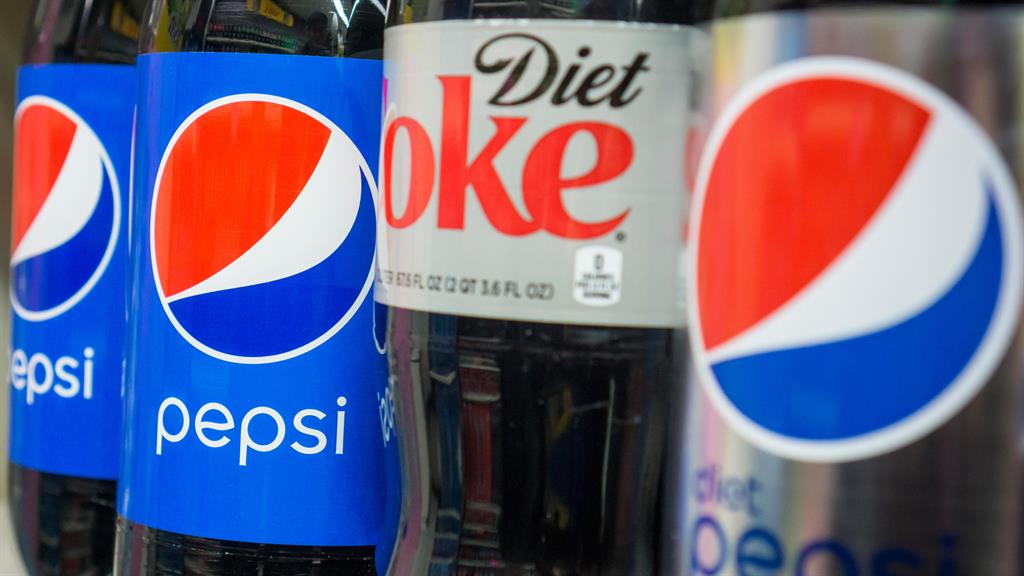
DRINKING a diet cola a day almost triples your risk of suffering a stroke or developing dementia, a major new study shows.
The shock findings were revealed by experts who tracked more than 4,000 volunteers for a decade, recording strokes in over-45s and dementia cases in over-60s.
They found people who consumed at least one artificially-sweetened drink a day were nearly three times more likely than those who did not to suffer either a stroke or dementia.
The research team, whose volunteers drank brands including Diet Coke and Diet Pepsi, said more studies should be done to find out if a specific ingredient in the drinks is behind the apparent health risk.
Nearly 15billion litres of soft drinks were sold in Britain last year — more than 200 litres for every person — and more than half of them were either no-calorie or low-calorie.
‘Our study shows a need to put more research into this area given how often people drink artificially-sweetened beverages,’ said Boston University’s Dr Matthew Pase.
The report also came with a warning that sugary fizzy drinks should not now be viewed as a healthy option. The researchers found frequent consumption of high-calorie soft drinks — including fruit juices — was linked to shrinking brain volume and memory loss.
Other experts agreed the research should be taken seriously. And the Alzheimer’s Society said — while the study did not show that diet drinks cause dementia — it did highlight a ‘worrying association’.
However, the British Soft Drinks Association said: ‘Despite their claims, the authors of this observational study admit they found no cause and effect.
‘Public Health England is actively encouraging food and drink companies to use low-calorie sweeteners to help people manage their weight.’
■ SUGARY drinks will be banned from hospital shops next year unless action is taken to cut their sales, NHS England announced today. This includes coffee with sugar syrup, sweetened milk, fruit juices with extra sugar and cold drinks in cans and bottles. Firms that have agreed to reduce sugary drinks to ten per cent or less of total beverage sales in their hospital shops include WH Smith, Greggs and Marks & Spencer.
END

Be the first to comment